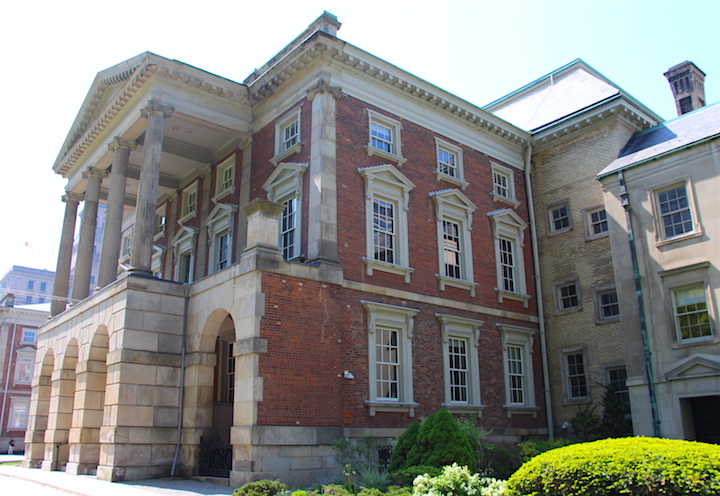TORONTO – A woman involved in a deadly head-on crash is off the hook on drunk-driving charges because a police officer asked a hospital nurse for the results her urine test and then obtained a search warrant to seize her samples, Ontario’s top court ruled on Wednesday.

In upholding the acquittal, the Court of Appeal ruled the breach of her constitutional rights outweighed the public’s interest in seeing her tried for a serious crash.
“The charter-infringing state conduct here was at the serious end of the fault spectrum,” the Appeal Court said. “The police intentionally obtained information from hospital staff in breach of medical confidentiality, and relied on that information to obtain a warrant that otherwise could not have been issued.”
In an early morning of October 2014, the car Brynn Campbell was driving in Oshawa, Ont., collided with another car driving in the wrong direction. The other driver, an 83-year-old woman, was killed.
Although Campbell showed no obvious impairment, nurses at nearby Lakeridge Hospital drew blood and urine that showed her to have been well over the legal limit. Police later obtained a warrant to seize the samples, and charged her with drunk driving causing death.
WATCH: New impaired driving laws close loophole but have lawyers up in arms

In obtaining the warrant, court records show, an investigating officer claimed to have “overheard” a nurse mention the results of Campbell’s urinalysis. However, her father testified the officer specifically asked the nurse for the results.

Get breaking National news
In a pre-trial application, Campbell argued for the exclusion of the blood and urine evidence, saying the officer had obtained it illegally. The prosecution argued the samples were obtained non-intrusively and were admissible as evidence. It also admitted the warrant was “extremely weak if not completely deficient” if the court rejected the officer’s version of events.
In May 2017, Superior Court Justice Bruce Glass acquitted Campbell after ruling the evidence related to her bodily fluids was inadmissible because the officer had asked for the results and the nurse had simply obliged without any authority to do so.
“In effect, the police had the answers and then justified their actions after-the-fact by getting a warrant,” Glass ruled. “In effect, the warrant was based on nothing.”
The prosecution asked the Court of Appeal to order a new trial.
The Appeal Court, however, after conducting its own analysis, upheld Campbell’s acquittal. In doing so, it said the manner in which police collected the samples was irrelevant, but that the breach of her rights as a vulnerable hospital patient was significant.
WATCH: Durham Uber driver charged for allegedly driving while impaired

To admit the evidence would permit police to obtain evidence illegally and then try to justify what they had done by getting a warrant, the Appeal Court ruled. Admitting the evidence – which was otherwise reliable – would bring the administration of justice into disrepute and not be in the public interest, the appellate court said.
“Police, with no reasonable and probable grounds to believe that the respondent had committed an offence, obtained her medical information unlawfully by asking a nurse to divulge the respondent’s urine-ethanol results,” the Appeal Court said. “Intentionally obtaining confidential medical information and using it to obtain search warrants is serious charter-infringing state conduct from which the court ought to distance itself.”
- Tumbler Ridge shooting: What we know about the firearms and gun laws
- Carney tells Tumbler Ridge ‘we will always be with you’ at shooting vigil
- ‘We now have to figure out how to live life without her’: Mother of Tumbler Ridge shooting victim speaks
- Indian man pleads guilty to plotting Sikh separatist’s assassination in NYC







Comments
Comments closed.
Due to the sensitive and/or legal subject matter of some of the content on globalnews.ca, we reserve the ability to disable comments from time to time.
Please see our Commenting Policy for more.